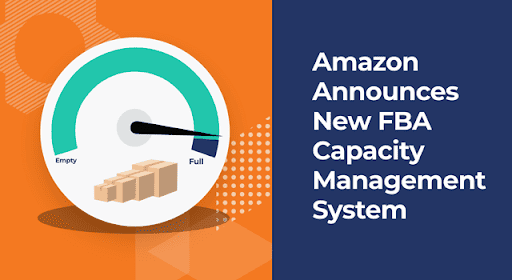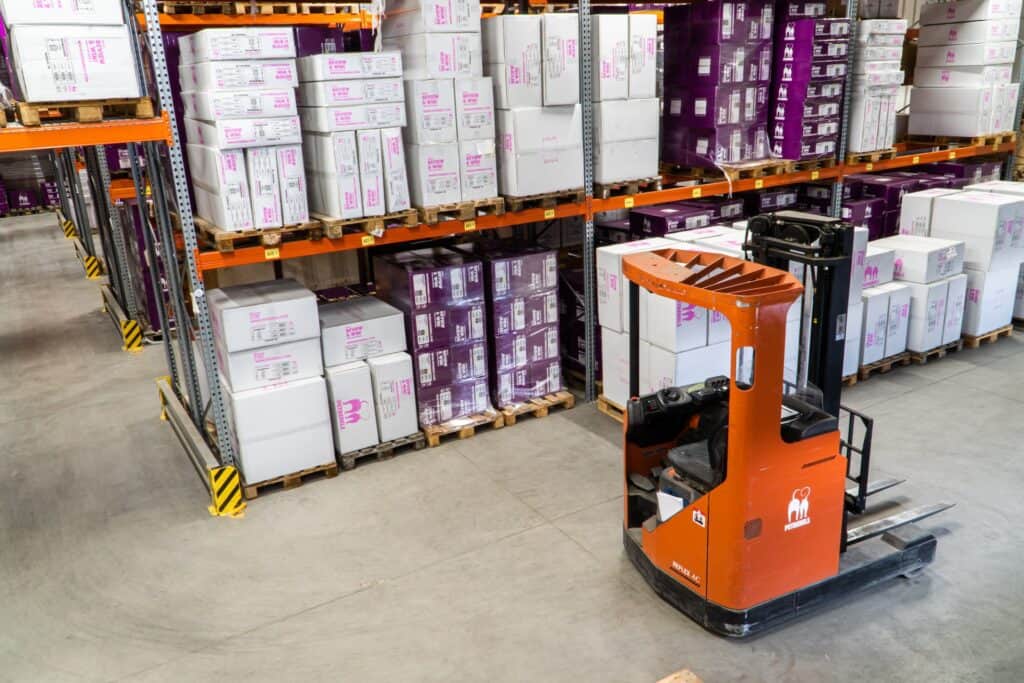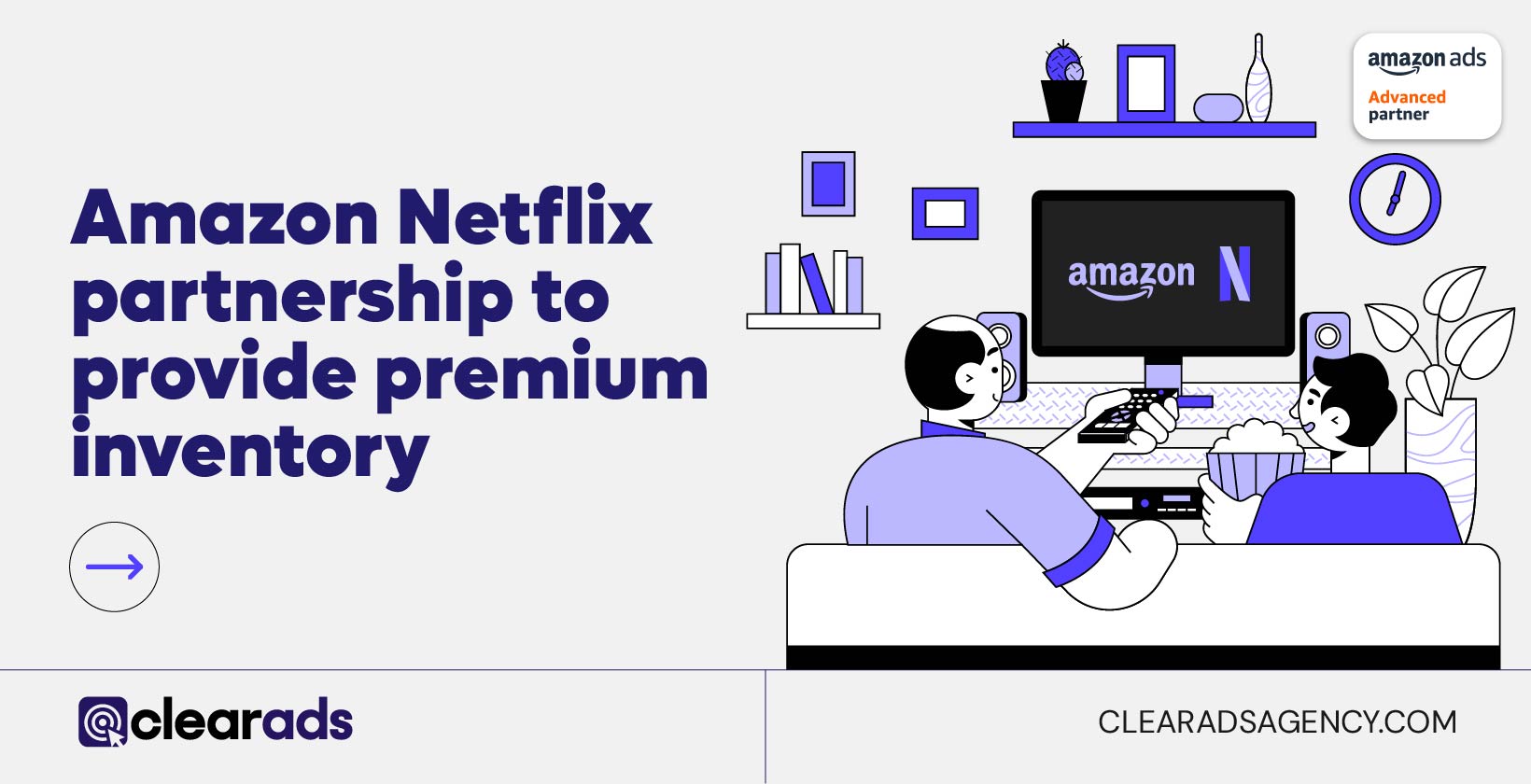Along with the new inventory limits and fees added at the start of the year, Amazon figured out another way to charge sellers more money for their storage. From the 1st of March 2023, Amazon is implementing a new storage management system, which involves auctioning off storage space to the highest bidder.
New management system
It is referred to as the FBA capacity manager and will allow sellers dealing with storage constraints or restock limits to bid for more space. Ultimately, Amazon uses it to induce a more mindful use of its storage space.

How do you use it?
To submit a request for higher inventory, go to the capacity manager in your seller central account. You should find it under your FBA management tab. From there, you can submit, monitor and cancel your request.
When you are submitting your request, be sure to include
- How much extra storage you want: this can be up to 20% or 2,000 cubic feet, whichever is greater.
- The maximum management fee you are willing to pay: Remember there is no upfront payment
Amazon will assess the storage capacity regularly and grant storage as and when it is available. They will begin with the highest reservation fee and work down until the list is complete.

The Old System
February 2022 saw a similar system introduced to aid sellers with storage constraints. It was the ‘storage limit manager’ and was structured similarly to the capacity manager. Consider the capacity manager the storage limit manager 2.0.
Why is it important?
Amazon mentioned that over the past couple of years, they found an increase in aged products in their storage units. They introduced their new FBA fees to combat the overuse of their storage and run ‘business economically’. To a certain extent, you can’t blame them for introducing the process since it will force sellers to think carefully before keeping unsuccessful products in storage, preventing other sellers from using the space.
The system means the sellers who genuinely need the space will be using it, but it also means they will potentially be spending more on storage.
Storage Management Made Easy
Amazon introduced four new management features, which make managing storage easier and aid in the adoption of the capacity manager by sellers.
These are:
- Month-long capacity limits: This will reduce the pain points from predicting your required storage capacity needs in the upcoming months.
- Amazon will provide estimated capacity limits: The capacity limits are measured by an IPI score. Amazon will give sellers a prediction of how much storage a seller will need for the upcoming three months.
- Request a higher limit: Sellers can request a higher inventor limit based on a reservation fee, which can be offset by earning performance points through sales on your additional storage.
- Capacity limits in cubic feet to better reflect usage: Sellers can view this through the FBA dashboard.
Benefits Of Using The Capacity Manager

Why should you use the capacity manager? It is worth weighing the benefits with the risks before bidding to know if extra storage is required, as it is not always necessary.
- Improved inventory management: FBA Capacity Manager provides sellers with real-time information on their inventory levels and storage capacity, allowing them to make informed decisions about when and how much inventory to send to Amazon’s warehouses.
- Reduced storage fees: Amazon can give sellers recommendations for when to send more inventory to Amazon. These will help sellers avoid overstocking and incurring storage fees. It will also force sellers to use the storage efficiently and lead to less spending in the long- term. Sellers will use the storage they need without wasting money on aged products.
- Increased sales: By ensuring sellers have enough stock to meet demand, the FBA Capacity Manager can help sellers avoid running out of stock. Ensuring you have enough inventory will aid in your reliability as a seller and keep profitability flowing. Ongoing stock problems can lead to lost sales and decreased rankings on Amazon. Customers will begin to look elsewhere for the product, and suddenly you have given a sale to a competitor.
- Time savings: FBA Capacity Manager automates many of the tasks involved in inventory management, saving sellers time and allowing them to focus on other aspects of their business.
- More efficient use of resources: FBA Capacity Manager allows sellers to optimize their inventory levels and storage capacity, reducing waste and maximizing the use of their resources.
When Shouldn’t You Bid
It is instinct to want the most inventory space available, but it is not always necessary.
If you already have a fair amount of unsold products or anticipate a dip in sales, it may be worth thinking it through before bidding. Thoughtful bidding and actions will lead to far less wasted spending and more efficient use of FBA space.
- You have many unsold products: Amazon favors the top sellers, those who consistently make sales. These sellers are considered to be making the most effective use of their storage space and using FBA properly. If Amazon identifies you as a seller with many aged products in storage, they will not favor you for additional storage. Their goal is to streamline the selling process to increase overall sales.
- You have long lead times on your products: Capacity limits change monthly, so sending products directly to the unit based on the current capacity may lead to issues. If it takes a long period to receive your product, the extra storage may not be available. Then you would’ve paid extra for storage you can’t use anymore.
- You don’t have enough budget flexibility for the extra storage costs: Storage is designated based on the highest bid. It’s an auction, so you need the budget to outbid the other sellers. If you need the space urgently, you could reallocate your budget and reduce spending in other areas.
- There is no way you will sell through your additional inventory: If there is no chance you will sell through the extra storage, there is little point in bidding for it. You may be required to pay the rest of the reservation fee, which may exceed your capacity for the following month, meaning you would also need to pay overage fees.

You know how well your business sells, over-time you will learn when your peak periods are. By assessing that information, you can use the capacity manager to your advantage, save money on aged products and always be in supply.
On the other hand, it is easy for sellers to be thoughtless with their bidding wars. It could lead to massive overspending and reduce their Amazon ranking. Ensure you can use the storage you are bidding for and that the reservation fee is within your budget.
With over a decade of experience in digital advertising, we at Clear Ads have become a sought-after agency for Amazon advertising. We have helped hundreds of businesses achieve their potential because we are confident in what we do.
We are proud that all our account managers stay up to date with their Amazon certifications. As Amazon partners, we consistently stay informed on industry changes and Amazon updates. You can rest easy knowing that we are qualified Amazon advertisers.
To find out more about how we can help your business grow, feel free to request a callback today!


